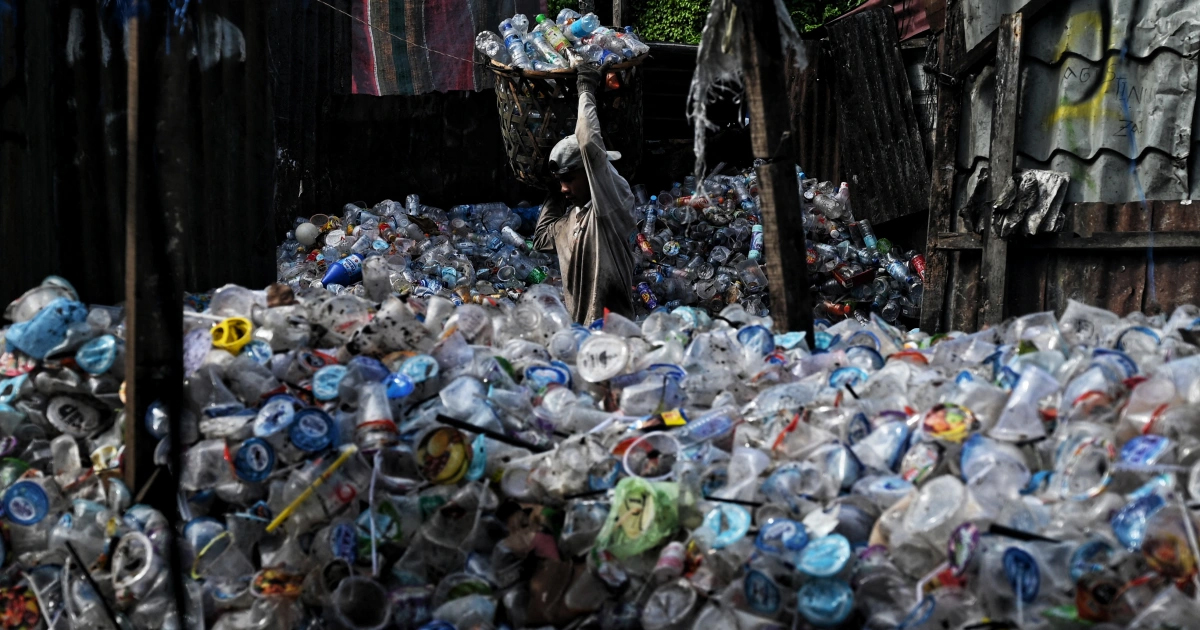New Delhi, July 1: The ban on select single-use plastics by the Centre in order to reduce plastic wastage comes into effect from today.
Single-use plastics are typically items that are discarded after being used only once and does not go for the recycling process. They are a big contributor to plastic pollution.
The adverse impacts and menace of littered single-use plastic items plastic on both terrestrial and aquatic ecosystems are globally recognized.
The banned items include earbuds with plastic sticks, plastic sticks for balloons, plastic flags, candy sticks, ice-cream sticks, polystyrene (thermocol) for decoration, plates, cups, glasses, cutlery such as forks, spoons, knives, straw, trays, wrapping or packing films around sweet boxes, invitation cards, and cigarette packets, plastic or PVC banners less than 100 microns and stirrers.
A National Control Room has been established in the Central Pollution Control Board to monitor the enforcement of the ban, besides asking the state boards to undertake comprehensive Awareness activities including social media campaign, interactive meetings with industries, colleges, schools and other institutions.
The state boards have further been directed to intensify inspections of industrial and commercial establishment for effective implementation of the ban.
In line with the clarion call given by Prime Minister Narendra Modi to phase out single use plastic items by 2022, the environment ministry had notified the Plastic Waste Management Amendment Rules, 2021, on 12 August 2021.
Carrying forward the spirit of ‘Azadi ka Amrit Mahotsava’ — 75th year of Independence, a defining step to curb pollution caused by littered and unmanaged plastic waste is being taken by the country.
On the demand side, directions have been issued to e-commerce companies, the leading user of single use plastics, as well as plastic raw material manufacturers to phase out such items.
Several industry stakeholders had earlier argued that India has a low capacity of producing alternative solutions to the banned items.
To ramp up the production, capacity building workshops are being organized for industry units to provide them technical assistance for manufacturing of alternatives to banned single use plastic items with the involvement of various government agencies. Provisions have also been made to support such several enterprises in transitioning away from the banned single use plastics.
Earlier, the government prohibited manufacture, import, stocking, distribution, sale and use of plastic carry bags having thickness less than seventy-five microns with effect from 30 September, 2021, and having thickness less than thickness of one hundred and twenty microns with effect from the 31 December, 2022. (Agencies)
Trending Now
E-Paper


